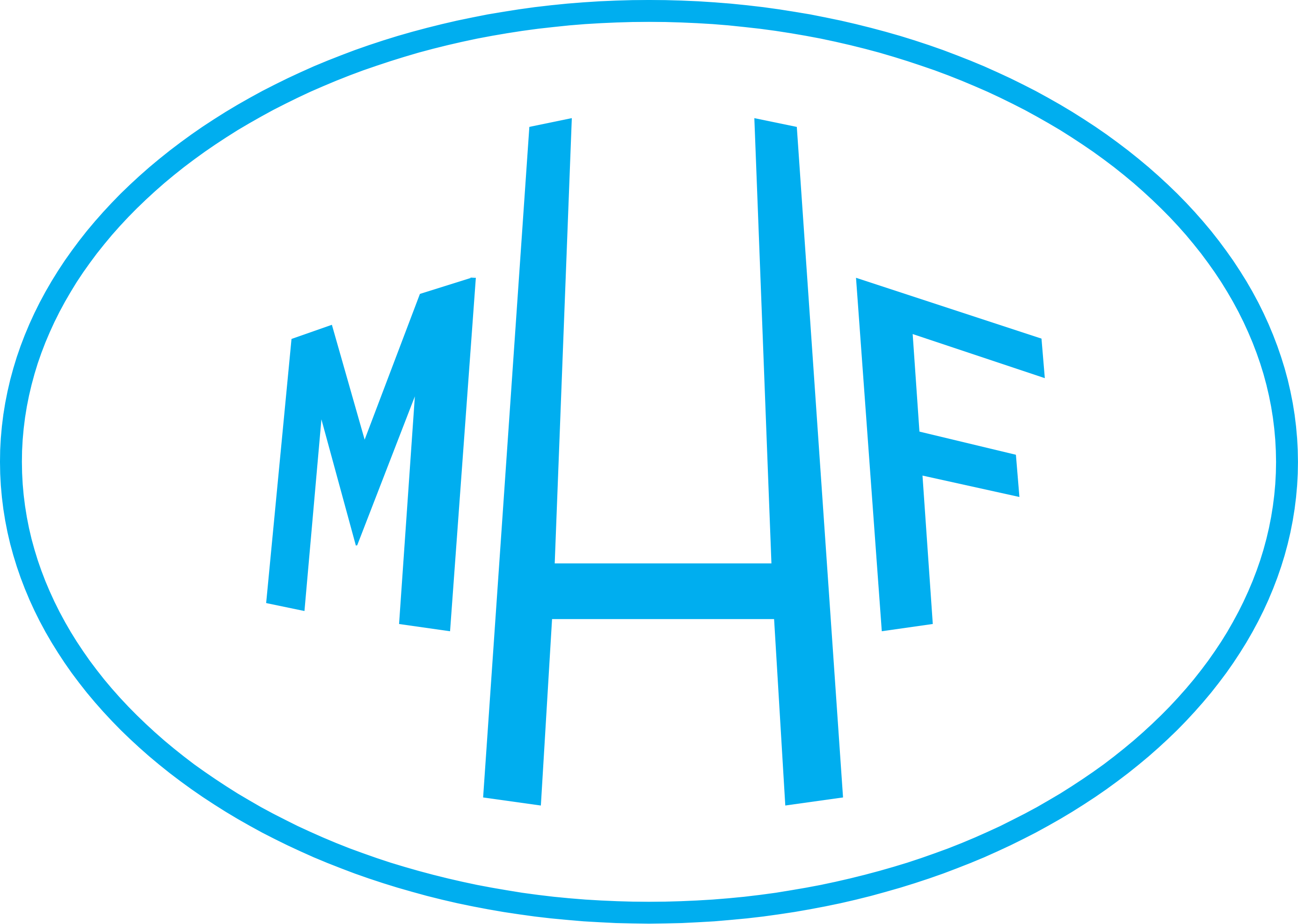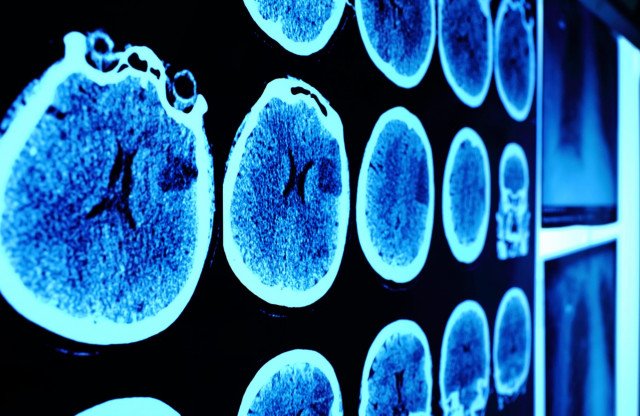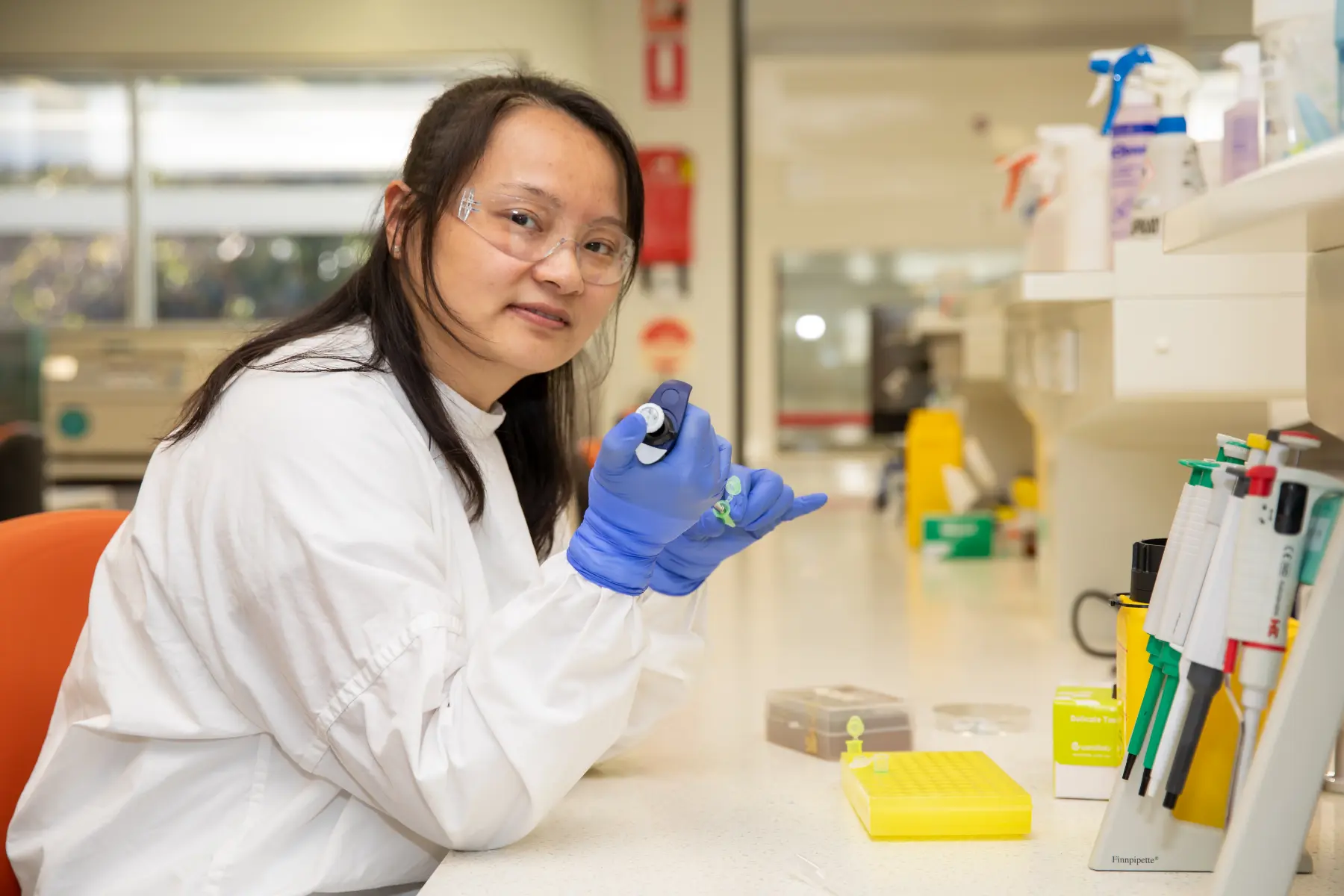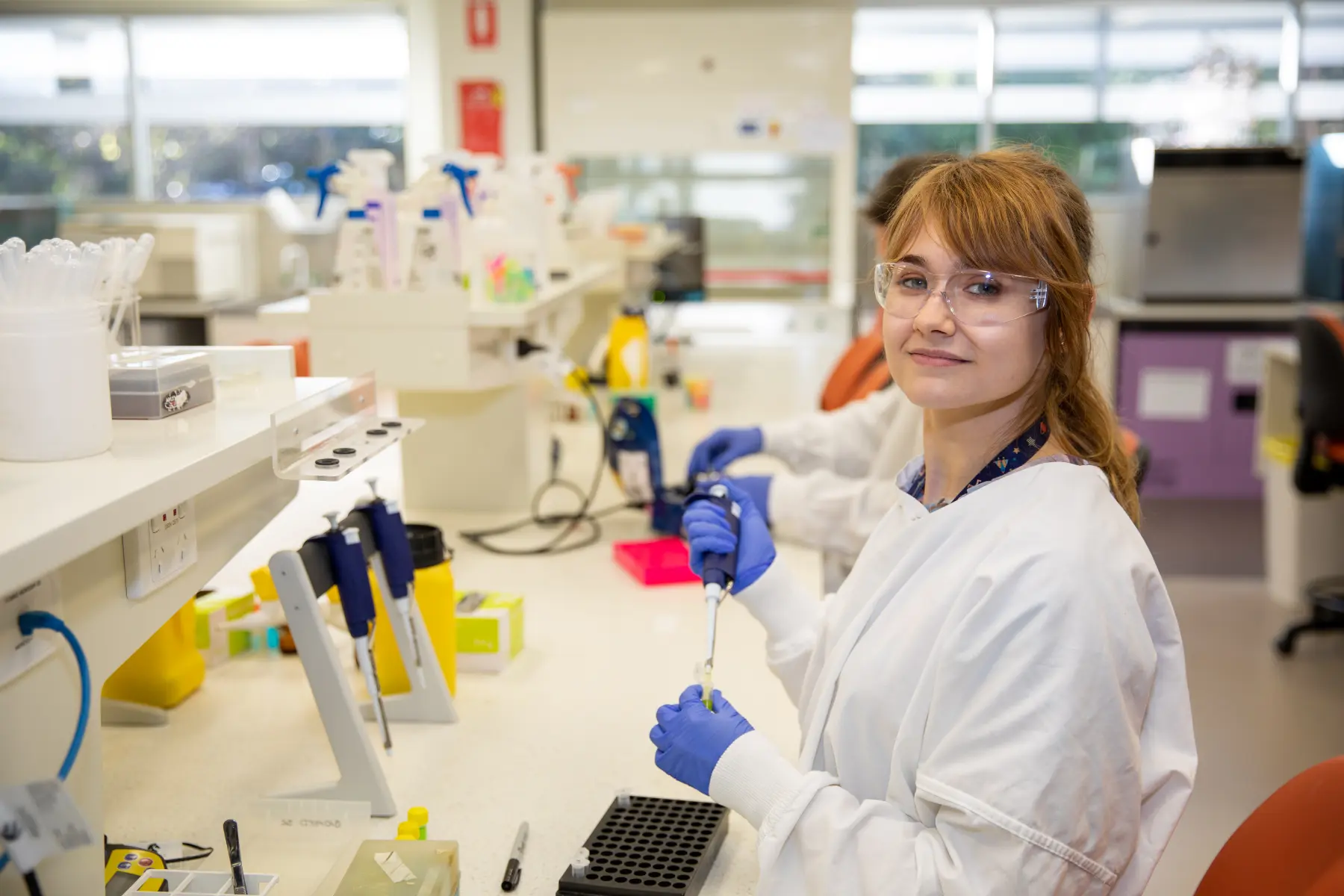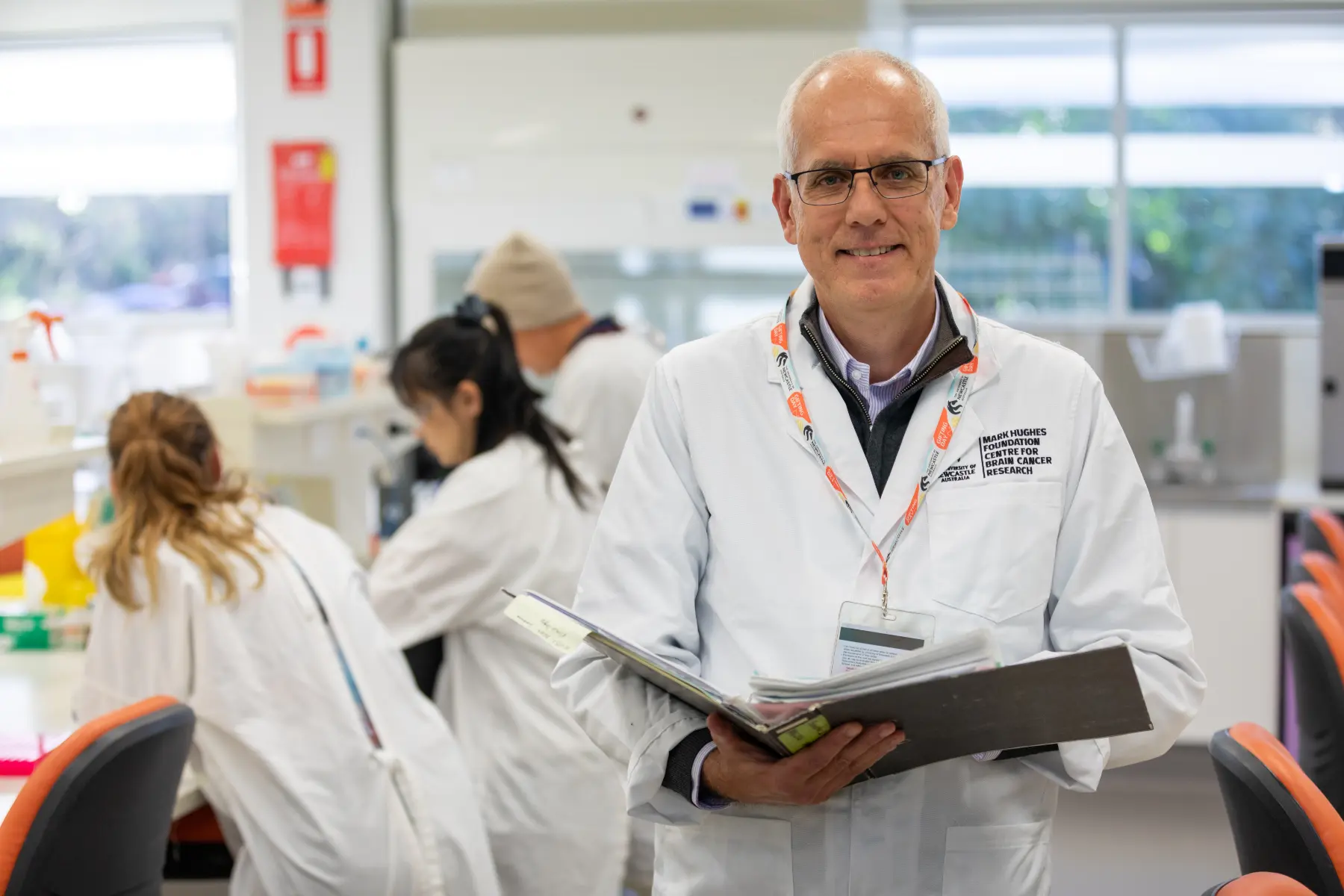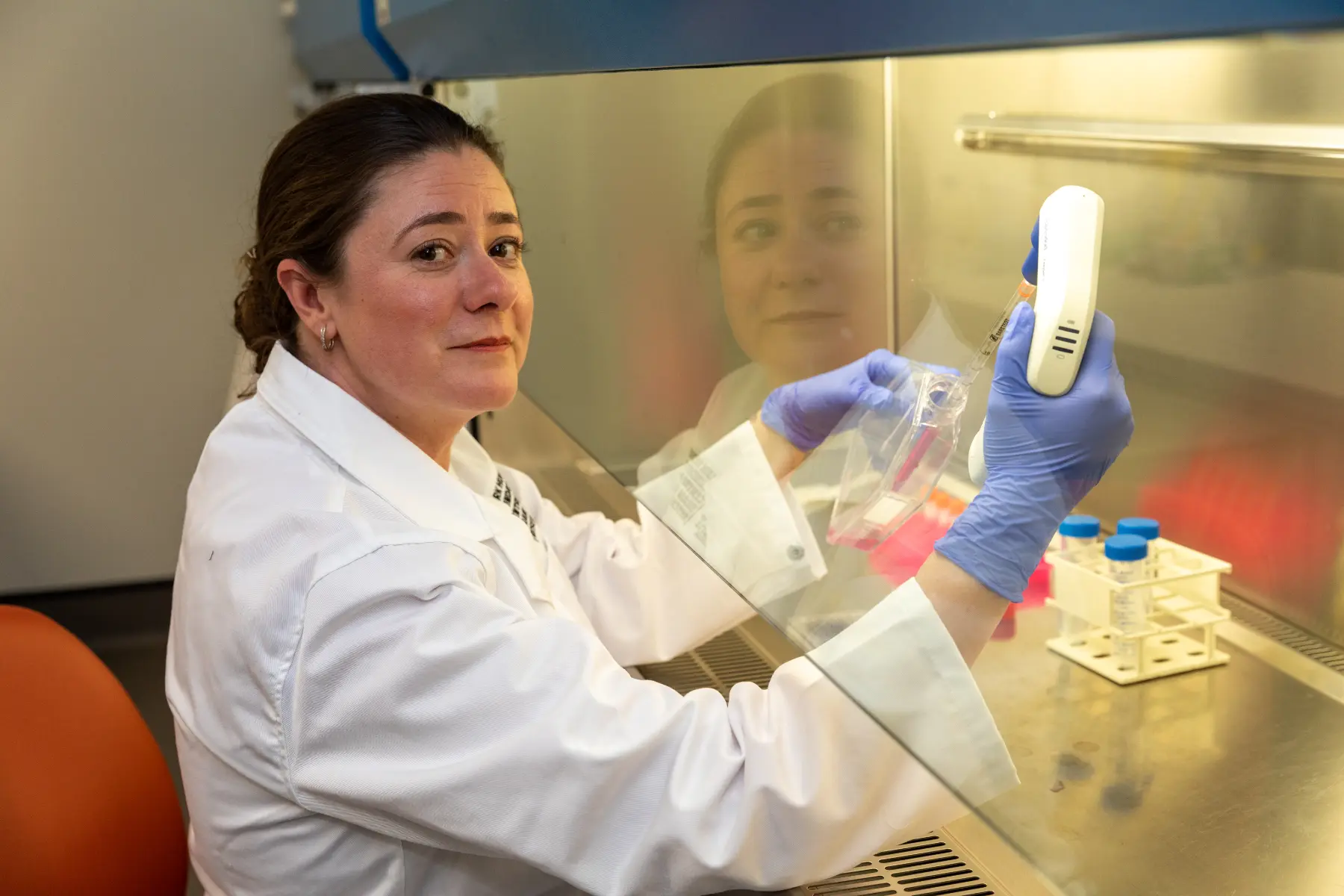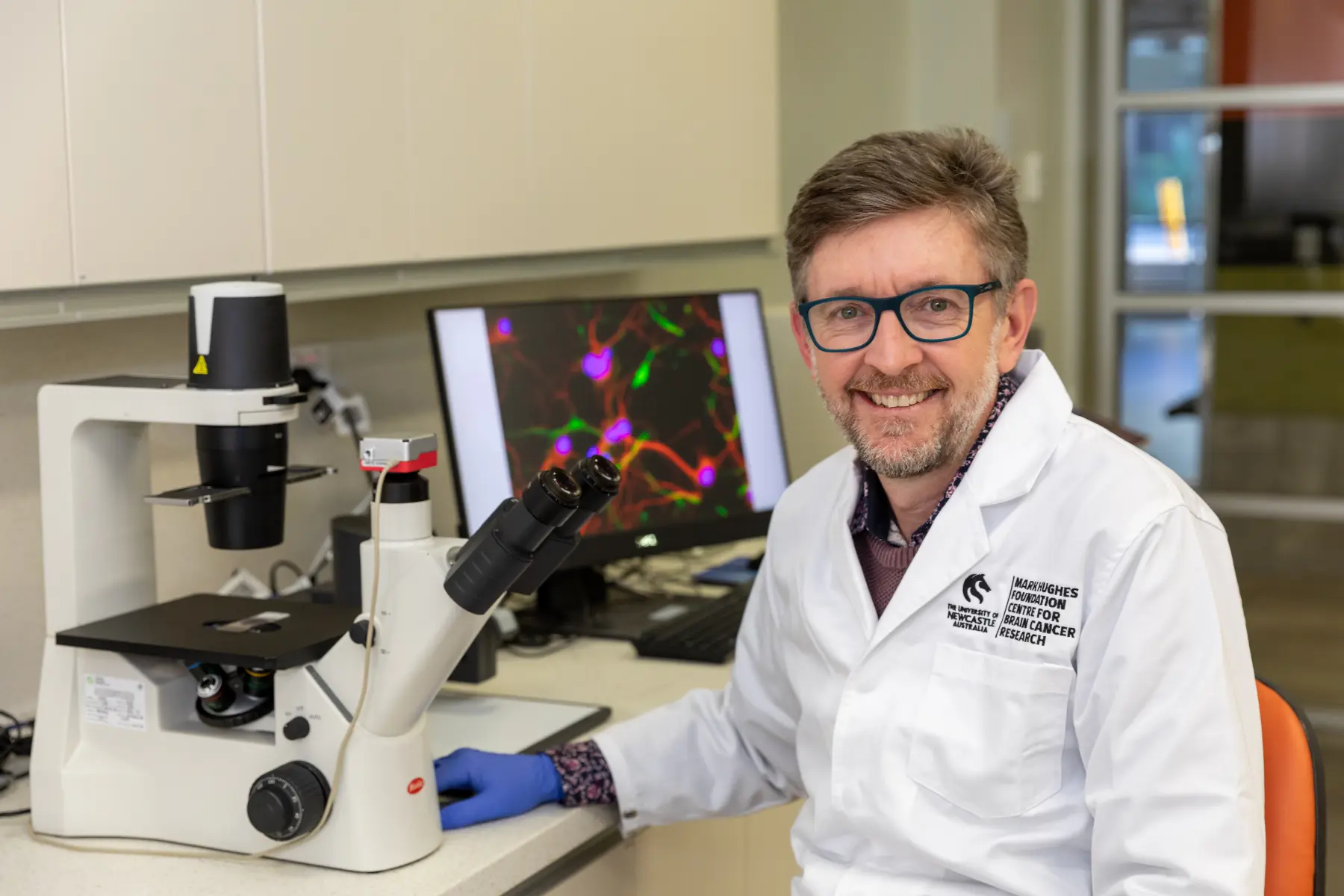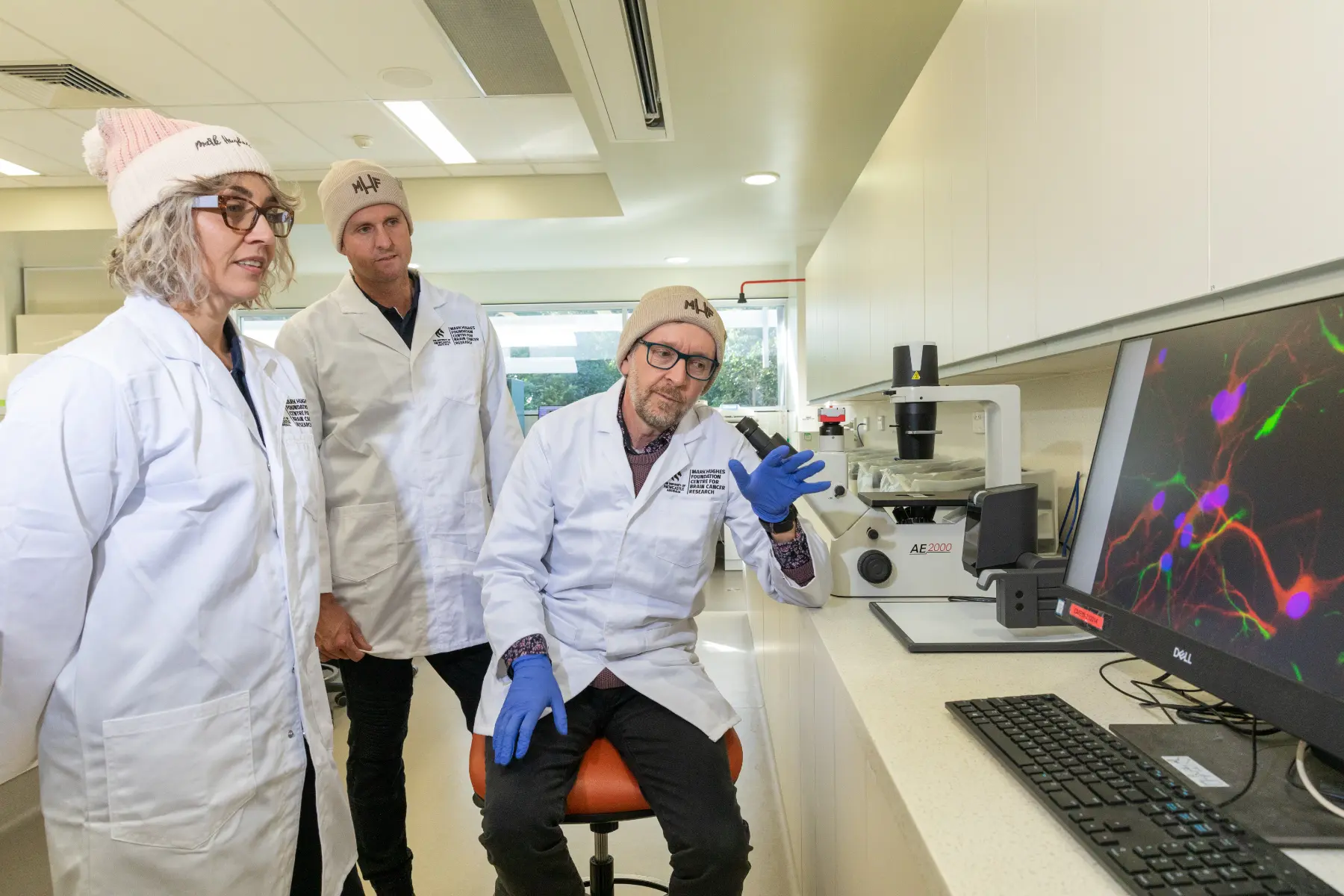The Mark Hughes Foundation (MHF) has added to the extensive list of world-class brain cancer research projects that it’s currently supporting, awarding eight new innovation grants totalling $1.6 million to researchers throughout Australia.
Using funding secured in this year’s hugely successful NRL Beanie for Brain Cancer Round, MHF co-founder Mark Hughes says the goal is to encourage nationwide collaboration and help brain cancer scientists and clinicians to develop novel ideas in a relatively short timeframe.
“We’re incredibly proud to have some of Australia’s brightest and most passionate researchers thinking outside the square to solve the riddles of brain cancer,” he said. “My life is riding on it, as are so are many others.
“We can’t thank the Callander family, the NRL, Channel Nine and Fox Sports plus other media outlets, Lowes Australia and IGA Stores along with the wider community enough for the incredible support of our national beanie campaign.”
“To be able to turn our supporters simply buying a beanie into this level of research is something that I and the MHF team are very proud of.”
Three University of Newcastle researchers were successful at Wednesday night’s presentation event, including Professor Frances Kay-Lambkin who was later named the Hunter Medical Research Institute’s 2019 Researcher of the Year.
A leading mental health researcher, Professor Kay-Lambkin will lead a new project aimed at supporting families who have a loved-one diagnosed with brain cancer.
Associate Professor Paul Tooney will explore whether DNA repair inhibitors can lengthen the survival time for patients, focusing on new drugs that they hope can improve the current treatments.
Dr Mike Fay received funding for the development and translation of a blood-based diagnostic test for brain cancer that could help clinicians determine the most appropriate treatment regime.
“This is an exciting project being run in collaboration with the University of Queensland. We have some amazing, molecularly targeted radiation techniques available to us but, as clinicians, the problem is how to choose between all these treatments,” Dr Fay explained.
Dr Kimberly Kaufman, head of brain cancer research at Chris O’Brien Lifehouse and an Honorary Senior Research Fellow at the University of Sydney, is also working on a new blood test to monitor glioblastoma patients and detect tumour progression.
“Our proposal addresses an area of urgent clinical need for patients diagnosed with glioblastoma, the most common and aggressive form of brain cancer in adults,” Dr Kaufman said.
“There are no reliable methods for monitoring patients with this cancer, so clinicians can’t accurately tell whether a tumour is growing or responding to treatment. This means patients may be switched to a wait-and-see approach.
“This funding will go towards assessing blood samples that we’ve collected from patients at multiple times during their journey with glioblastoma, and hopefully we can eventually provide timely and accurate information about an individual’s tumour status.”
Dr Haibo Jiang from the University of Western Australia gained backing for a novel P.E.T tracer for glioblastoma imaging.
University of Sydney researcher Dr Eric Hau is studying DIPG, an incurable and inoperable cancer that arises in the brainstem of children, and compatriot Dr Kelly McKelvey received funding for project titled “Limos – killing brain cancer from within”. Dr McKelvey is also the Matt Callander Beanie for Brain Cancer HMRI Fellow, funded by the Mark Hughes Foundation.
Dr Dannielle Upton from the University of New South Wales received her first ever project grant to advance her investigations into new treatments for childhood brain cancer.
Other studies previously funded by MHF include:
- Dr Fatemeh Vafaee | UNSW Sydney | Combining artificial intelligence and genomics to non-invasively monitor glioblastoma patients and predict tumour recurrence
- Dr Julius Woongki Kim | CMRI | Novel combinatorial immunotherapy against the brain tumour via bioengineered dendritic cells
- Dr Jonathan Goodwin | HMRI | Advanced MRI glucose fingerprinting for better identification of brain cancer tumours
- Professor Hubert Hondermarck | HMRI | Targeting the neuron-cancer cell crosstalk in glioblastoma
- Conjoint Professor Anthony Proietto | Are we meeting the needs of people diagnosed with brain cancer and their support persons: a mixed methods approach
Brain Cancer statistics:
• Survival rates have increased by 1% over the last 30 years
• Kills more children than any other disease
• Only 2/10 people diagnosed will live more than 5 years
• Kills more people under 40 than any other cancer
• Receives less than 5% of federal funding for cancer research
• One person every 5 hours is diagnosed in Australia
About:
The Mark Hughes Foundation (MHF) is a charity formed in Newcastle by Mark and Kirralee Hughes following Mark’s diagnosis with Brain Cancer in 2013. The Mark Hughes Foundation’s mission is to raise much needed funds for research, to create awareness and support brain cancer patients and their families.
For further information:
Kris Buderus – Mark Hughes Foundation – 0428 147 000
events@markhughesfoundation.com.au
